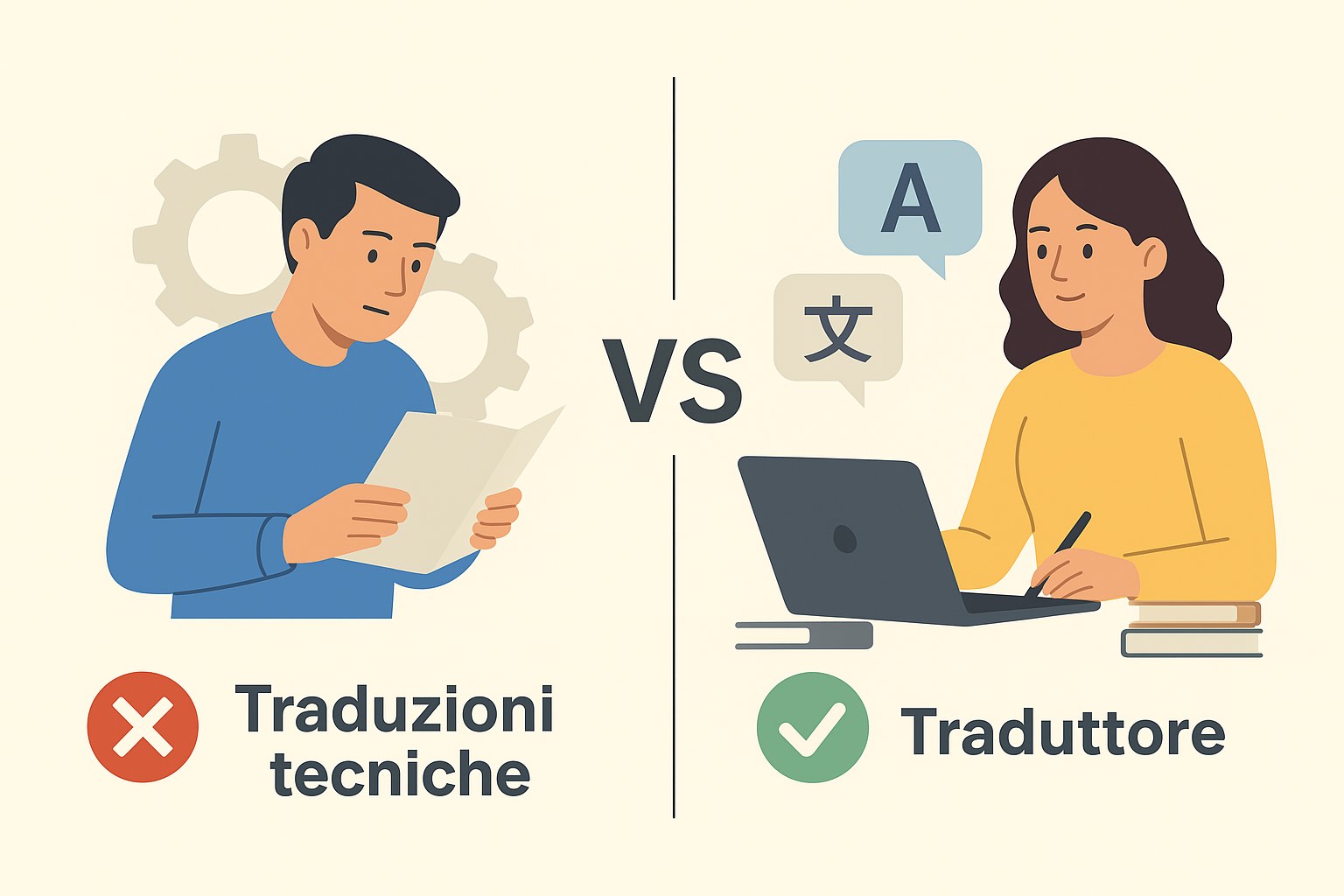When it comes to technical translation services, companies often face the same dilemma: who will handle the text more effectively — a professional translator or an industry expert like an engineer, doctor, or lawyer?
Technical manuals, scientific research, medical reports, or patent documents are filled with specialized terminology. To make them accessible in another language, you need both accuracy and readability. But which skill set is more important — language mastery or technical expertise? Let’s compare.
Engineers as Translators
Industry experts — whether engineers, doctors, or lawyers — clearly understand the subject matter. For example, most engineers can read technical articles in English, follow instructions, and even guess missing details thanks to their experience.
However, when they try to translate technical documents, problems often arise:
| Strengths of Engineers | Weaknesses of Engineers |
|---|---|
| Deep subject knowledge | Poor writing/translation style |
| Can interpret unclear details | Frequent grammar & syntax errors |
| Good for internal use | Struggle with formatting, footnotes, references |
👉 Bottom line: Engineers are strong at understanding content, but weak at producing polished, publishable translations.
Professional Linguists as Translators
Professional translators specialize in turning complex ideas into fluent, natural text. They may not know every detail of nuclear physics or biochemistry, but they have the tools to get it right: specialized dictionaries, terminology databases, and collaboration with experts when needed.
| Strengths of Linguists | Weaknesses of Linguists |
|---|---|
| Skilled in writing clear, natural text | May lack initial technical knowledge |
| Experienced in translation tools | Need time to research terminology |
| Faster & more efficient | Risk of misunderstanding highly technical terms |
👉 Bottom line: Linguists are experts in translation quality, and with the right resources, they can learn specialized terminology far faster than engineers can learn professional translation.
Which Option Is Better for Businesses?
The real question is this: which skill is harder to develop?
- It’s easier for a linguist to master technical terminology than for an engineer to learn how to produce professional translations.
- Fixing minor terminology mistakes is faster and cheaper than rewriting an entire poorly translated document.
That’s why professional agencies usually rely on linguists specialized in technical translation, sometimes with a subject-matter expert reviewing the final text for accuracy.
When Should You Choose Professional Technical Translation Services?
If your company needs:
- Patent translations for international protection
- Technical manuals for global markets
- Scientific translations of research papers
- Medical translations for clinical trials or reports
…it’s always best to turn to professional linguists with experience in the field.
This ensures your documents are not only correct but also polished, clear, and ready for publication.
Final Takeaway
Both engineers and linguists bring valuable skills to the table. But when your goal is a professional, accurate, and high-quality text, technical translation services provided by expert linguists are the safest investment.
👉 The winning formula? A professional translator handles the bulk of the work, and an engineer provides technical review if needed. That way, you get the best of both worlds: accuracy + readability.


Leave a Reply